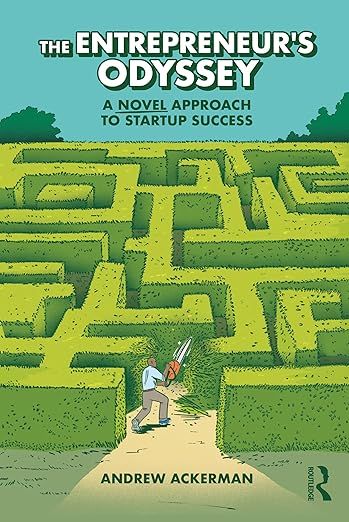Advanced Prompt Engineering Techniques

A comprehensive guide on how to create highly effective prompts for language models like GPT
🔹 1. Introduction to Prompt Engineering
• Prompt engineering is the practice of crafting inputs (prompts) to get desired outputs from language models.
• A well-designed prompt can greatly improve the accuracy, relevance, and usability of results.
🔹 2. Core Prompt Engineering Techniques
• Zero-shot prompting: Asking the model to perform a task without any examples.
• One-shot and few-shot prompting: Providing one or more examples to improve model performance.
• Chain-of-thought prompting: Encouraging the model to reason step-by-step by explicitly asking for intermediate steps.
• Self-consistency: Sampling multiple reasoning paths and selecting the most consistent answer.
🔹 3. Advanced Prompting Strategies
• Role prompting: Assigning the model a persona or role (e.g., “You are a legal expert…”) to guide tone and domain expertise.
• Recursive prompting: Using the model’s output as input to further refine or iterate answers.
• ReAct (Reasoning + Acting): Combining reasoning with tool use, like calculator or web search, to reach answers more accurately.
• Tree of Thought (ToT): Exploring multiple reasoning paths in a tree structure to evaluate and select the best solution.
🔹 4. Prompt Optimization Techniques
• Prompt tuning: Fine-tuning prompts through trial and error or automated systems.
• Temperature and top-k/top-p settings: Controlling randomness and creativity of outputs.
• Prompt injection attacks: Highlighting risks where malicious users can manipulate prompts.
🔹 5. Evaluation and Metrics
• Discusses methods for evaluating prompt quality:
• Accuracy
• Relevance
• Completeness
• Factual correctness
🔹 6. Tools and Frameworks
• Mentions tools that assist in designing, testing, and managing prompts:
• LangChain
• PromptLayer
• OpenAI Playground
• HumanEval and similar benchmarks
🔹 7. Use Case Examples
• Covers applications in:
• Coding
• Legal assistance
• Education
• Customer support
• Content generation
🔹 8. Best Practices
• Keep prompts clear and concise.
• Use examples when possible.
• Iterate and test frequently.
• Tailor prompts to your use case and domain.















